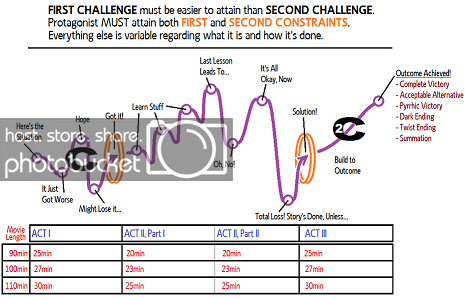I did write few short films in the past 3 years, and youtube series but... I cant seem to be able to write a script for a feature film 
I have 4 different ideas... or even 5 and.... no go... My brain doesnt bother
hoooooow do I get those freaking ideas that drive me crazy and are stuck in my head for couple of years on a paper?


I have 4 different ideas... or even 5 and.... no go... My brain doesnt bother

hoooooow do I get those freaking ideas that drive me crazy and are stuck in my head for couple of years on a paper?




